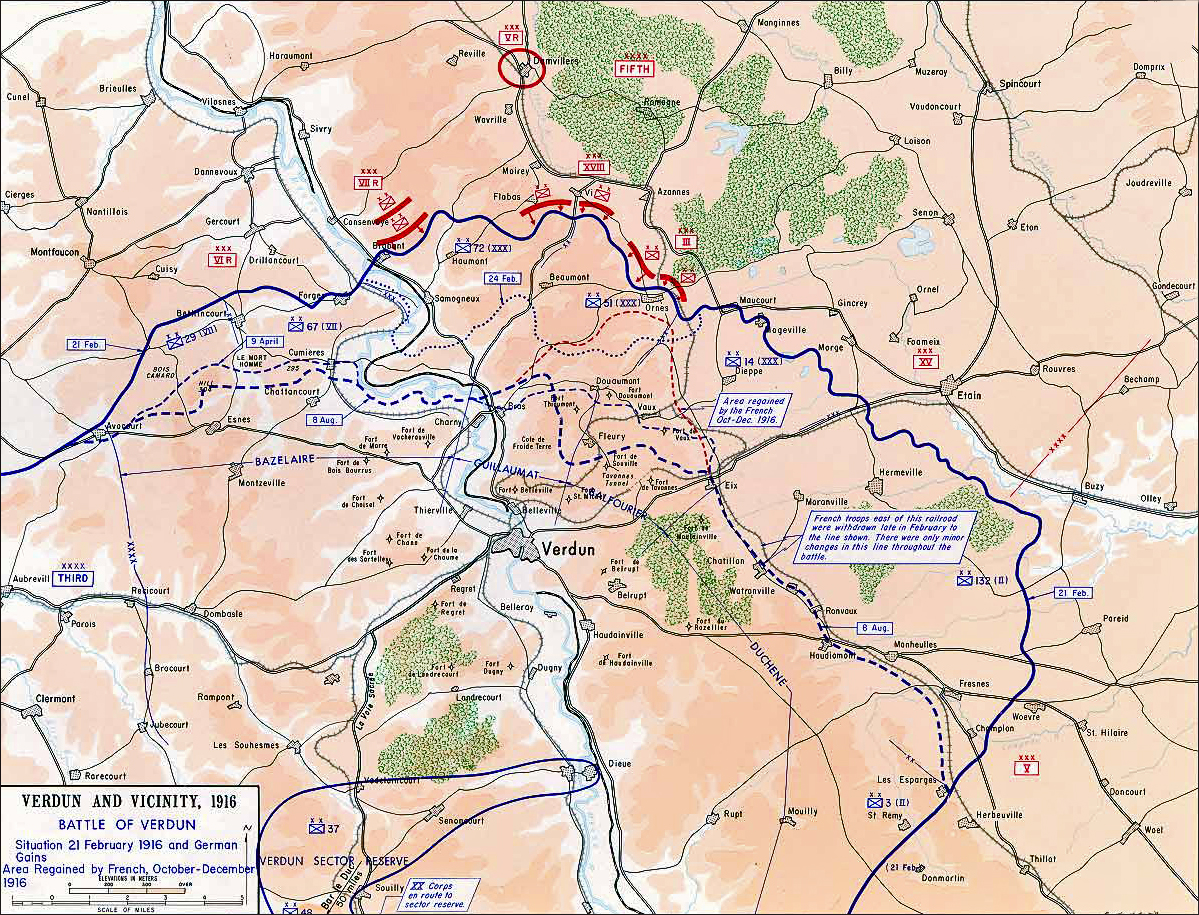jjkrause84
King
Essentially a timer is the only way it's been described in this thread so far. Neither you or Kwami have gone into signficant detail other than to say you want war weariness to help end the 'endless war problem' (that I haven't seen others even mention). That's a timer, until you describe otherwise.
I didn't say the AI couldn't sue for peace, and it often does in similar situations. You asked me to lay out a reasonable situation where your vague new mechanic could be exploited and I did. Instead of offering a counterpoint on how the situation I outlined wouldn't apply to the fix you haven't defined, you've attacked the scenario. How is that fair or even constructive for this debate?
If the scenario is not, in and of itself, reasonable then the argument goes out the window. Attacking the scenario is one way of challenging the assertion that war-weariness would cripple the computer, even though it didn't in Civ 4. I have not described war-weariness in detail because I assumed it might work similarly to the way it did before (progressive happiness penalties). Thus, not a timer at all, but a growing incentive to find peace.
You can't tell me with a straight face that a global superpower that could absolutely level enemies across two oceans was beat by North Vietnam without taking war weariness into account.
Please re-read my post carefully. I mention war-weariness as a contributing factor (how could you not), but state that its important has been over-blown.
You said we didn't take it to their population, (my words now) we didn't take it to them hard. I'm not trying to downplay the autrocities we committed in that or any other war.
I think you misunderstood. I meant that the US did not recognize that the opinions of the populace was the CoG. They needed to be separated (ideologically, or physically) from the VC. I suppose a fair question is, 'would the 1960s/70s media have allowed for a Malaya-style conduct of the war?' Who knows?
Our goal to 'win' was to get the status quo back to where it was before our involvement, not to take over the North. And we gave up on that effort because our people were so against the war, against the draft and just in general unhappy and raging at home. Of course Northern stubborness and will to fight played a part in it, as did the supplies they got from abroad. But in any rational assesment of the conflict we gave up on keeping the status quo long before we had exhausted our potential to militarily defeat the North. War weariness and a lack of political will to pursue the conflict along traditional lines were mostly responsible for that.
Again, it is not about total 'military potential' in Clausewitzian, state-on-state terms. It is about accomplishing specific objectives. Whether or not the US was 'completely exhausted' is irrelevant (they clearly were not). They had reached a point where, for various reasons, they were unwilling to continue to pursue their objectives. This was down to a lack of measurable strategic success (again, not the lack of tactical successes), the absence of a clear imperative to fight, and vocal dissatisfaction with the war at home. Many, for different reasons, ignore the first two and focus solely on the protests. I'm simply trying to remind people that it was merely 'part of the picture', not the end all and be all.
How do any of your other examples about Germany or the French and Indian War adding anything to the debate? You've mentioned relatively short conflicts (or snippets of conflicts while ignoring the French resistance, the Polish uprising and everything else that has bearing on war weariness irl) which is wholly outside of anything to do with an 'endless war' situation in CiV.
Seven years is not a 'short' conflict. In the Seven Years' War the British captured vast tracts of land and did not suffer war-weariness (if anything, the population grew increasingly in favour of the war as it progressed). In Civ 5 the British would have suffered serious, even catastrophic war-weariness. Obviously Civ 5 cannot, and should not, try to create a perfect emulation of the world....that is not my argument. Rather, I am countering your assertion that having 'war-weariness' tied to conquest rather than duration of the war and units lost is an ideal and historically true system.
As for the French and Polish uprisings, they are completely beside the point. My point was about a successful war "over there" causing unhappiness at home, which did not happen in Nazi Germany until things started going bad for them (which is why I left that part of the war out....the point was to find conflicts in which short, sharp conquest did not lead to any war-weariness at home to contrast with Civ 5 in which a short, victorious campaign WOULD lead to war-weariness....moreso than a drawn-out stalemated war).
Lastly, I would suggest that saying "we" in referencing Vietnam does not help your argument (unless you were there, of course). Neutral language was best (i.e. "the Americans").


